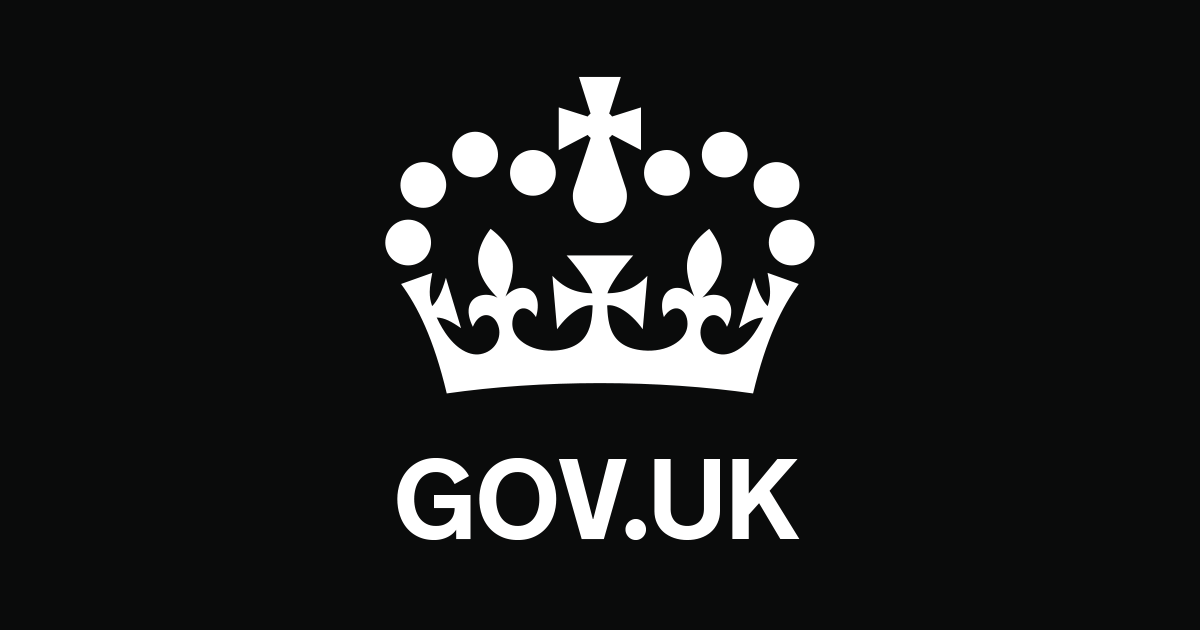
Health
Medical facilities in Tanzania are limited and medicines are often unavailable. There are hospitals across Tanzania that can treat minor ailments. For any major medical problems, including dental, it is advisable to obtain medical treatment in Nairobi or South Africa where more advanced medical care is available.
Travellers to Tanzania are recommended to take out comprehensive medical insurance. See our travel advice section on health and safety & security.
Coronavirus
You should follow the advice of the Tanzania’s government and your local authority. You can also read our Tanzania travel advice for our latest guidance.
For information on vaccines abroad, see our COVID-19 travel guidance.
Education
The number of schools in the Tanzania has increased in recent years. Most schools follow what they describe as an international curriculum, which is usually closest to a British curriculum. These schools usually start formal teaching from Grade 1, i.e. six year olds.
Employment and recognised qualifications
Employment opportunities are available for British nationals; however you require a work permit to work in Tanzania.
Teachers are required to get a police clearance report before jobs are offered to them. In order to get a Police Clearance Report you can contact Ministry of Home Affairs on following address
Identification Bureau
Criminal Investigation Department
P O BOX 9094
Dar es Salaam
Tel: +255 22 2110006 or +255 713 216 144
Entry and residence requirement
All British passport holders require a visa to travel to Tanzania. Visa’s can either be obtained at the Tanzania High Commission in the UK or on arrival at the main port of entry. It is best to obtain your visa prior to arrival as this saves time at the airport. The queues for applying for a visa on arrival can be extremely long and time consuming at times. The visa fee is USD50 for a single entry visa. The validity period is usually three months.
We receive regular reports from British national residents, particularly in the teaching and tourism/hospitality sectors, who have been questioned and/or detained for not having the correct category of visa. You should ensure you have the correct visa for your length of stay and the reason for your visit/residence in Tanzania. Further information can be found at the Tanzania Immigration Service website .
Yellow Fever Vaccination requirement
All travellers coming from endemic countries are required to produce evidence of yellow fever vaccination. Travellers from non-endemic countries travelling through endemic countries are subject to yellow fever vaccination only if they stay outside the airport or have a long connection up to 12 hours.
Types of Residence Permits
A Class A permit may be issued to a foreign national who intends to reside in Tanzania and engage in trade, business, agriculture, animal husbandry, prospecting of minerals or manufacturing.
A Class B permit may be issued to a foreign national who has obtained employment in Tanzania.
A Class C permit may be issued to the following categories of person; missionaries, students, volunteers, retired persons, researchers and those winding up their affairs in Tanzania.
A Special Pass is available for foreign nationals living in or entering the United Republic of Tanzania in order to afford her/him an opportunity to apply for, and obtain, a Residence Permit/Pass or complete any immigration formality.
Further information about different types of visas and passes can be found on the Tanzania Immigration website
If you are planning to send your British passport to the UK for renewal/replacement, the British High Commission recommends that you attend your local Tanzania Immigration Service office and request that they certify a copy of your passport bio data page and any work/residence permits you currently hold.
Benefits
Social security pensions are available for locals only. British nationals living in Tanzania are not entitled to social security pensions.
Link to mainstream page for UK benefits
Link to the UK retiring abroad
Driving Licences and vehicles
UK driving licences are acceptable for visitors, but British residents are expected to obtain a Tanzania driving licence. You can contact Traffic Police Headquarters on telephone +255 22 2110487 to obtain a Tanzanian driving licence. The offices are located along Kivokoni area in City Centre
The British High Commission cannot issue or renew a UK driving licence. Please contact the DVLA for information about renewing a licence or applying for a new licence.
Social Ethics and traditions
The most commonly spoken languages are English and Kiswahili. In major towns and tourist areas a visitor should be able to get along quite well with English only.
Remember to be sensitive to the different culture and people around you and do not engage in behaviour that may cause offence. Tanzanian people are very friendly and welcoming but can be reserved.
Disclaimer
This information is provided as a general guide and is based upon information provided to the High Commission by the relevant local authorities and may be subject to change at any time with little or no notice. The FCDO and the British High Commission will not be liable for any inaccuracies in this information. British national wishing to obtain any further information must contact the relevant local authorities.